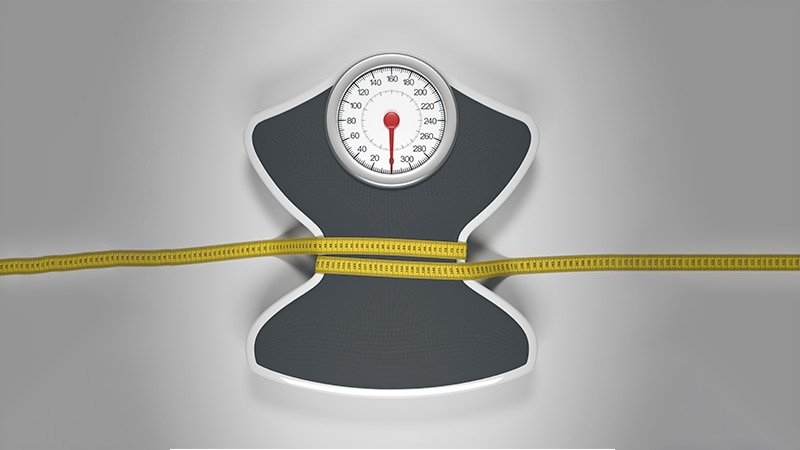Dustycotton
New_Member
Safety, tolerability and weight reduction findings of oral amycretin: a novel amylin and glucagon-like peptide-1 receptor co-agonist, in a first-in-human study
Results: At week 12, the mean change in body weight (amycretin 50 mg, -10.4% [SD, 4.6]; amycretin 2×50 mg, -13.1% [SD, 4.8]) was significantly greater with oral amycretin versus placebo (-1.1% [SD, 2.6]; p<0.0001 for both doses) (Fig. 1). The majority of AEs reported were mild to moderate in severity and related to gastrointestinal discomfort (i.e. nausea and vomiting), and decreased appetite. These AEs occurred in a dose-proportional manner, with low tolerability for dose levels ≥18 mg when amycretin was administered as a single dose and ≥12 mg when administered for 10 consecutive days. However, by introducing stepwise dose escalation, all tested dose levels up to and including 2×50 mg had acceptable safety and tolerability profiles.
Results: At week 12, the mean change in body weight (amycretin 50 mg, -10.4% [SD, 4.6]; amycretin 2×50 mg, -13.1% [SD, 4.8]) was significantly greater with oral amycretin versus placebo (-1.1% [SD, 2.6]; p<0.0001 for both doses) (Fig. 1). The majority of AEs reported were mild to moderate in severity and related to gastrointestinal discomfort (i.e. nausea and vomiting), and decreased appetite. These AEs occurred in a dose-proportional manner, with low tolerability for dose levels ≥18 mg when amycretin was administered as a single dose and ≥12 mg when administered for 10 consecutive days. However, by introducing stepwise dose escalation, all tested dose levels up to and including 2×50 mg had acceptable safety and tolerability profiles.

